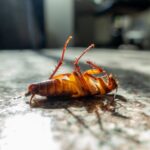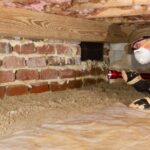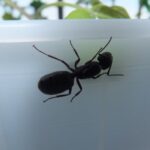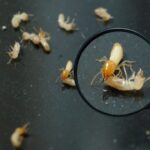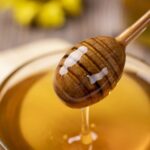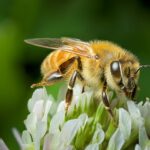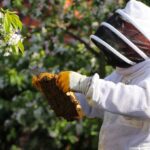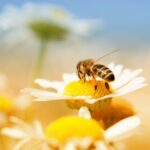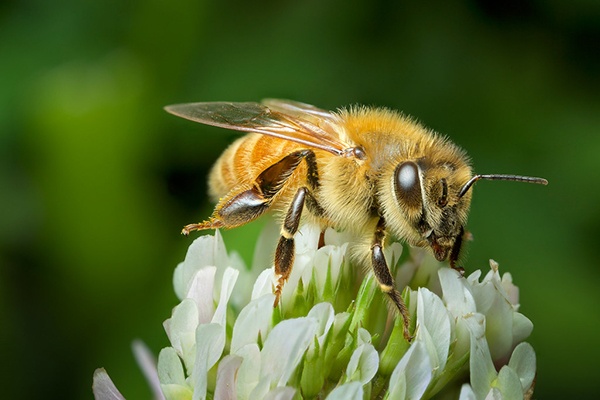

Exploring the Types of Bees in Indiana
Danville, Indiana, is not only known for its charming landscapes and friendly community but also for its rich biodiversity, including a diverse range of bee species. These buzzing creatures play a vital role in pollination, contributing to the thriving local ecosystem. In this article, we will delve into the fascinating types of bees found in Danville, shedding light on their characteristics and the importance of their presence.
Honey Bees (Apis mellifera)
The honey bee, Apis mellifera, is perhaps the most well-known bee species worldwide. These social insects are known for their complex and highly organized colonies, consisting of worker bees, drones, and a queen. Honey bees are diligent pollinators, ensuring the reproduction of numerous plant species. They also produce honey, a delicious and nutritious byproduct highly sought after by humans.
Bumble Bees (Bombus spp.)
Bumble bees, belonging to the Bombus genus, are another group of vital pollinators found in Danville. These robust and fuzzy insects are known for their distinctive black and yellow markings and their unique ability to perform “buzz pollination.” They vibrate their wings at specific frequencies to release pollen from flowers, making them highly efficient pollinators for crops like tomatoes and blueberries.
Mason Bees (Osmia spp.)
Mason bees, belonging to the Osmia genus, are solitary bees that are excellent pollinators. They are named “mason bees” because they construct their nests using mud or other suitable materials. Mason bees are known for their gentle nature and remarkable efficiency in pollination. They play a crucial role in the reproduction of fruit trees, flowers, and other plants in Danville.
Sweat Bees (Halictidae family)
Sweat bees, from the Halictidae family, are small to medium-sized bees with a metallic appearance. These bees are attracted to perspiration, hence their name, but are generally harmless and unlikely to sting unless provoked. Sweat bees are diverse in their preferences for floral resources and contribute significantly to the pollination of wildflowers and garden plants in Danville.
Carpenter Bees (Xylocopa spp.)
Carpenter bees, belonging to the Xylocopa genus, are known for their large size and remarkable wood-boring abilities. These solitary bees excavate nesting tunnels in wood, including wooden structures like fences and decks. While they may cause cosmetic damage to wood, carpenter bees are important pollinators, especially for open-faced flowers.
Protecting and Preserving Bee Species in Danville
The presence of these bee species in Danville is not only fascinating but also critical for maintaining the health of local ecosystems and supporting agricultural productivity. Protecting and preserving these bees and their habitats is essential for promoting biodiversity and ensuring a sustainable future.
To help conserve bee populations in Danville, consider taking the following actions:
- Plant bee-friendly flowers and flowering plants in your garden or yard to provide abundant nectar and pollen sources for bees.
- Minimize or eliminate the use of pesticides, as they can be harmful to bees and other beneficial insects.
- Create bee-friendly habitats by incorporating nesting materials, such as bee houses or piles of logs, to attract solitary bees.
- Support local beekeepers and purchase locally produced honey, as it helps sustain beekeeping efforts in the community.
- Educate others about the importance of bees and the need for their conservation, fostering a sense of environmental stewardship.
By embracing these practices and nurturing a bee-friendly environment, the bee populations in Danville can continue to thrive, contributing to the beauty and ecological balance of the region.
At Bug Out Now! Pest Control, we recognize the importance of bees in our ecosystem. If you encounter bee colonies in inconvenient locations, we offer safe and humane bee relocation services to ensure the well-being of both the bees and the community. Together, let’s cherish the buzzing diversity of bees in Danville and foster a harmonious coexistence with these essential pollinators.



